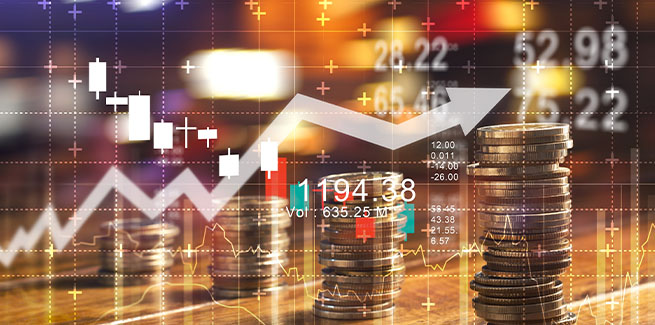Moody’s Investors Service has released its analysis of the impact of the coronavirus pandemic on the Australian economy and has forecast the road to recovery in 2021.
According to the report, there would not be a “lasting drop” in potential economic growth as a result of the COVID-19 crisis, notwithstanding shorter-term impacts on investment and migration.
“The broad diversification of Australian industry, and the flexibility and competitiveness of the economy will support a sustainable recovery,” the report said.
Furthermore, the federal government’s fiscal policy response is helping viable companies survive the shock to demand and avoid the destruction of productive capacity on the back of the restrictions imposed to curtail the spread of COVID-19, the report said, adding that analysts do not expect severe financial stress to destabilise the economy.
These include three fiscal expenditure packages with a total value of $194 billion (around 10 per cent of gross domestic product [GDP]) that focused on low-income households, small-to-medium enterprises (SME) and companies most affected by the disruption of the COVID-19 crisis, including those in the hospitality and tourism industries.
These packages included the $82 billion JobKeeper wage subsidy program, which has been extended until March 2021.
“We expect this stimulus spending to be a key support for business and consumer sentiment, mitigating the impact of lockdown measures and the closure of both inter- and intranational borders on the economy,” the report said.
“By limiting layoffs and business closures, we also expect these measures to boost the recovery in economic growth in 2021, which is predicated on a rapid pick-up in demand following the easing of economic restrictions.”
Moody’s analysts are expecting GDP growth to rise to around 3.5 per cent in 2021 after contracting by 4 per cent in 2020 overall, and they expect it to remain in the 2 to 3 per cent range for the foreseeable future.
“Notwithstanding the negative near-term impact of the coronavirus on immigration, a growing working-age population, driven in part by the country’s skills-based immigration program and slower ageing relative to Aaa-rated peers also support relatively high potential growth, estimated by the International Monetary Fund at around 2.5 per cent,” the report said.
Despite the generally optimistic outlook for the economy, the report pointed out that Australia’s productivity performance has been relatively weak in the decade before the onset of the pandemic, with an increase in population generally supporting growth.
According to Moody’s analysts, a critical driver of Australia’s long-term potential growth outlook beyond the COVID-19 outbreak would be productivity growth.
“Looking ahead, productivity growth may be supported by the federal government’s substantial infrastructure program and a policy focus on innovation. In addition, an improvement in Australia’s relatively low female labour force participation rate and underemployment of youth would support potential growth,” the report stated.
High household debt poses a risk
Moody’s analysts noted that earnings growth in Australia has been relatively subdued and has not kept pace with the rapid rises in housing prices, particularly in Sydney and Melbourne.
This has been driven by supply-side constraints and steady housing demand over the last decade, which has led to a record accumulation of household debt.
This is despite consistently strong employment growth, with unemployment remaining below 7 per cent from 2001 until the COVID-19 pandemic, and participation rates increasing to record levels.
“This build-up poses risks to private consumption and economic growth,” the Moody’s report said.
“Income shocks, including the impact of higher unemployment due to the effect of the coronavirus outbreak or, looking further ahead, interest rate shocks that undermine households’ debt servicing capacity would weigh on consumption.
“If there were a sustained and major correction in the housing market, the associated adverse wealth effects could lead to a retrenchment in consumption, spilling over into the wider economy. Nevertheless, policymakers have the fiscal space, supported by a highly flexible exchange rate, to buffer such shocks.”
[Related: Declining mortgage rates expected to continue: RBA]

